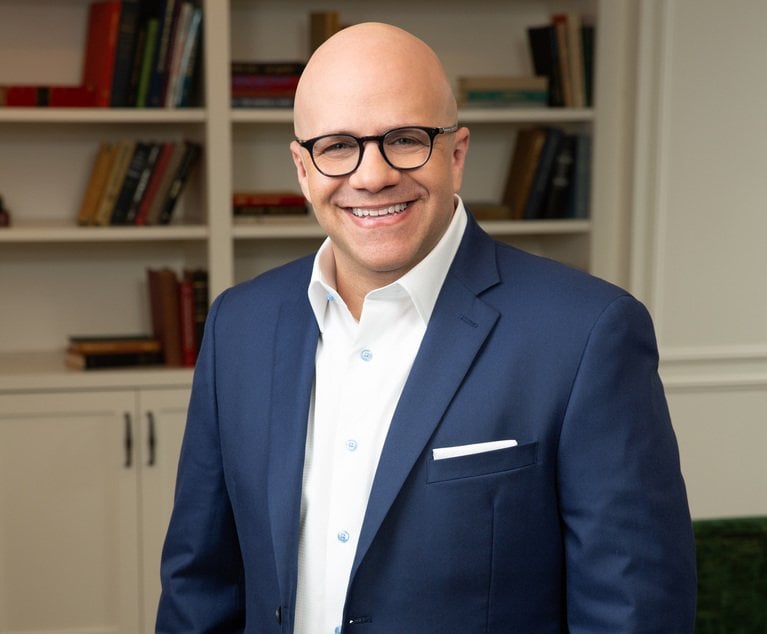In an extremely competitive legal talent market, just what can law firms do to keep young lawyers, happy and motivated? In talking with a group of young, happy, optimistic and committed attorneys, I found some secrets to the puzzle. The lawyers I spoke with love their law firm jobs. These are some of the issues on their minds:
Pink-Think
When I listened to these young, ambitious lawyers, I heard themes that echoed what I was reading about “Motivation 3.0” in Daniel Pink’s book “Drive.” Pink believes that carrot-and-stick, control-oriented management has run its course. In modern organizations, Pink argues, sustainable, healthy employee motivation requires three things: autonomy, mastery and purpose. Is this possible in law firms? Is it what will keep new generations of lawyers’ motivation fresh and alive?










